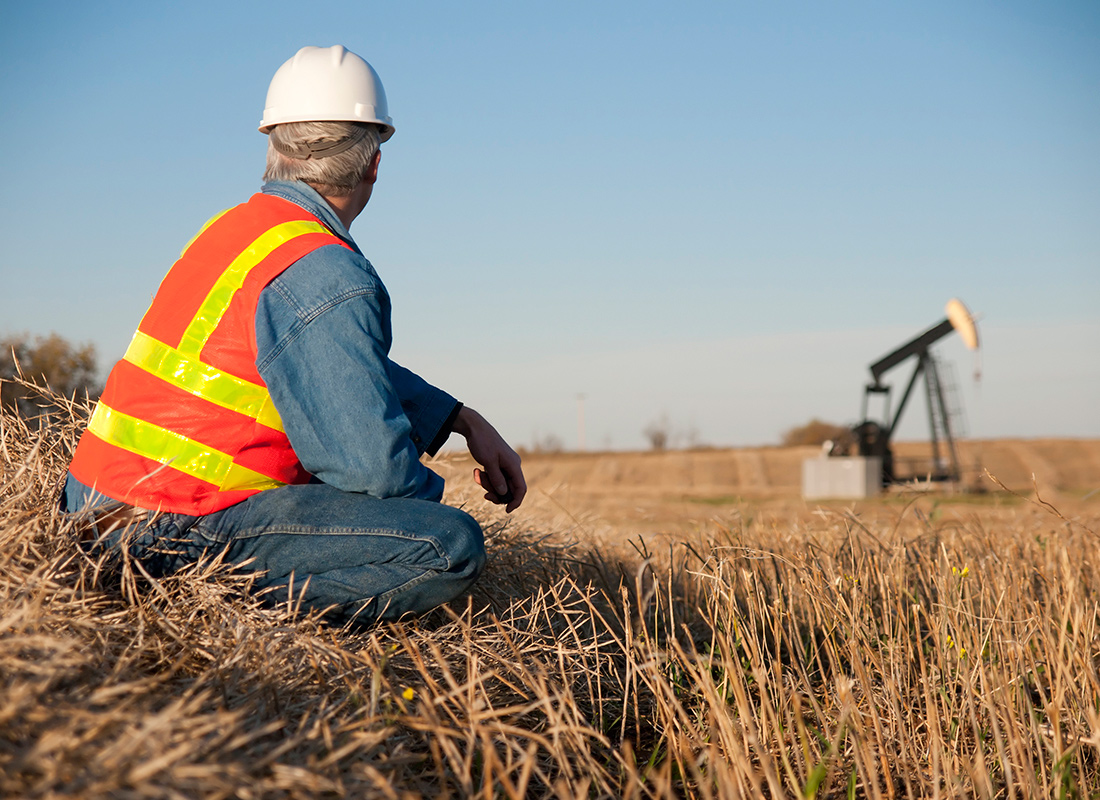All Categories
Featured
Table of Contents
Bsc Geophysics in Oldsbury WA 2021
This work is significantly contracted out, so consultancies offer another source of employment. Consultancy firms vary in size, from very little business to big multinationals. Some consultancies are quite specialised in utilizing specific geophysical methods or working in particular locations, while others offer a more varied variety of services to their consumers.
The extraction of gas from land fill websites is another area of work and this may grow in the future. Expedition companies may undertake work for building and construction companies, public utility, mining business and ecological agencies, so geophysicists may be employed in any of these settings. Other employers consist of: geological surveysgovernment bodies and agenciesuniversities and research study institutes.


Vacancies may be listed in the oil and gas sector press. Recruitment is impacted by oil price variations and the level of competition for positions differs depending on this. Professions Days, which cover the full variety of geoscience professions and are usually attended by a variety of crucial market employers, are run by The Geological Society.
Careers In Geology And Geophysics in Butler Aus 2023
A few of the big oil and gas business use a complete two-year structured training program across the breadth of geophysics, including the chance to experience operate in numerous teams before specialising in one location. Your training might include work on: existing wellsmagnetic and gravitational prospective field data analysisresearchrock analysis. It's more typical for your preliminary training to be provided on the job.

There might be a probationary period during which you work alongside a skilled coworker. Competency-based appraisals happen routinely in the majority of firms. In smaller companies, and for scholastic posts, there is not likely to be any formal training - you'll be expected to begin work straightaway and pick up abilities as you go along.
If you work for a smaller sized company, you might discover that you require to take obligation for organizing and funding your own development and training. If you have a geology degree, membership of The Geological Society can be beneficial for networking and for maintaining to date with the market.
What Should I Do To Be A Geophysicist? in Koondoola Western Australia 2023
You may also discover it helpful to sign up with the PESGB (The Petroleum Exploration Society of Great Britain, which has a geophysics special interest group. After a probationary period, and when you have actually gained some experience, you might advance to senior geophysicist, then group leader and then into a senior role in management.
The ease of movement in between roles depends on the company structure. Study at Masters or Ph, D level in a subject related to geophysics or geosciences might aid with your career development and progression. The work market within the oil and gas industry is really reliant on price and this may affect your chances for profession development.
Not all jobs are dependent on the oil and gas markets. For skilled geophysicists, freelance consultancy offers an excellent path for career development. You can also specialise in a specific area of geophysics. As a geophysicist, you're likely to have several tasks throughout your working life. International mobility is vital for dealing with peaks and troughs in various countries at various times.
For The Future Of Geophysics, Not Even The Sky Is The Limit in Mullaloo Oz 2020
From geophysics, it's possible to focus on seismology (completing further training to become a seismic interpreter) or to move into associated areas such as engineering geology or threat prediction.
Deciding what to study in college is a difficult option. Even if you understand that your field of interest depends on science, what program of study is right for you? If you make the choice to significant in physical and biological sciences and pursue a career as a geophysicist, you're getting ready for an exciting and lucrative profession.
The first action to accomplishing your goal of ending up being a geophysicist is earning a degree. Even for entry-level positions in the field of geoscience, you'll require a bachelor's degree (a geophysicist college degree) from an accredited college or university. Geophysicists should be able to: analyze rocks, photographs, and other pieces of information carry out research both in the field and in laboratories create maps and charts of their findings compose reports To achieve all this, students need a specialized education for geophysicist professions.
As stated above, you'll require a bachelor's degree in geoscience or a related discipline, such as a physical science or a natural science, to land an entry-level task. However students can also prepare by learning topics like: Biology Chemistry Computer technology Engineering Mathematics Physics The above geophysicist majors offer a more generalized method to a single scientific discipline, however the majority of programs need students to take several geology course.
Latest Posts
Geoscientist - College Of Science in St James Aus 2021
What Is A Seismic Survey? in Straffon Oz 2021
What Are Geological, Geochemical, in Hovea WA 2022